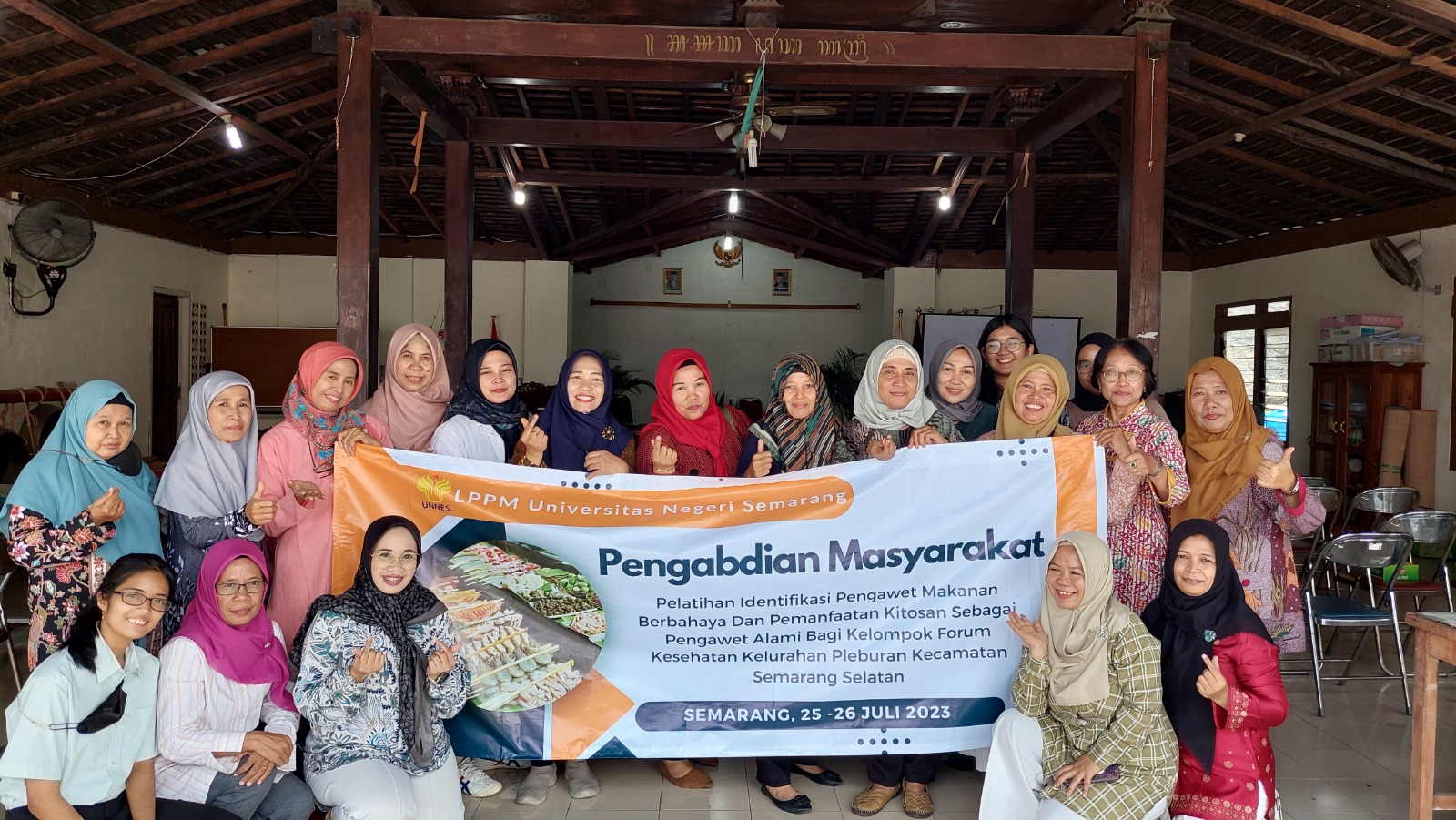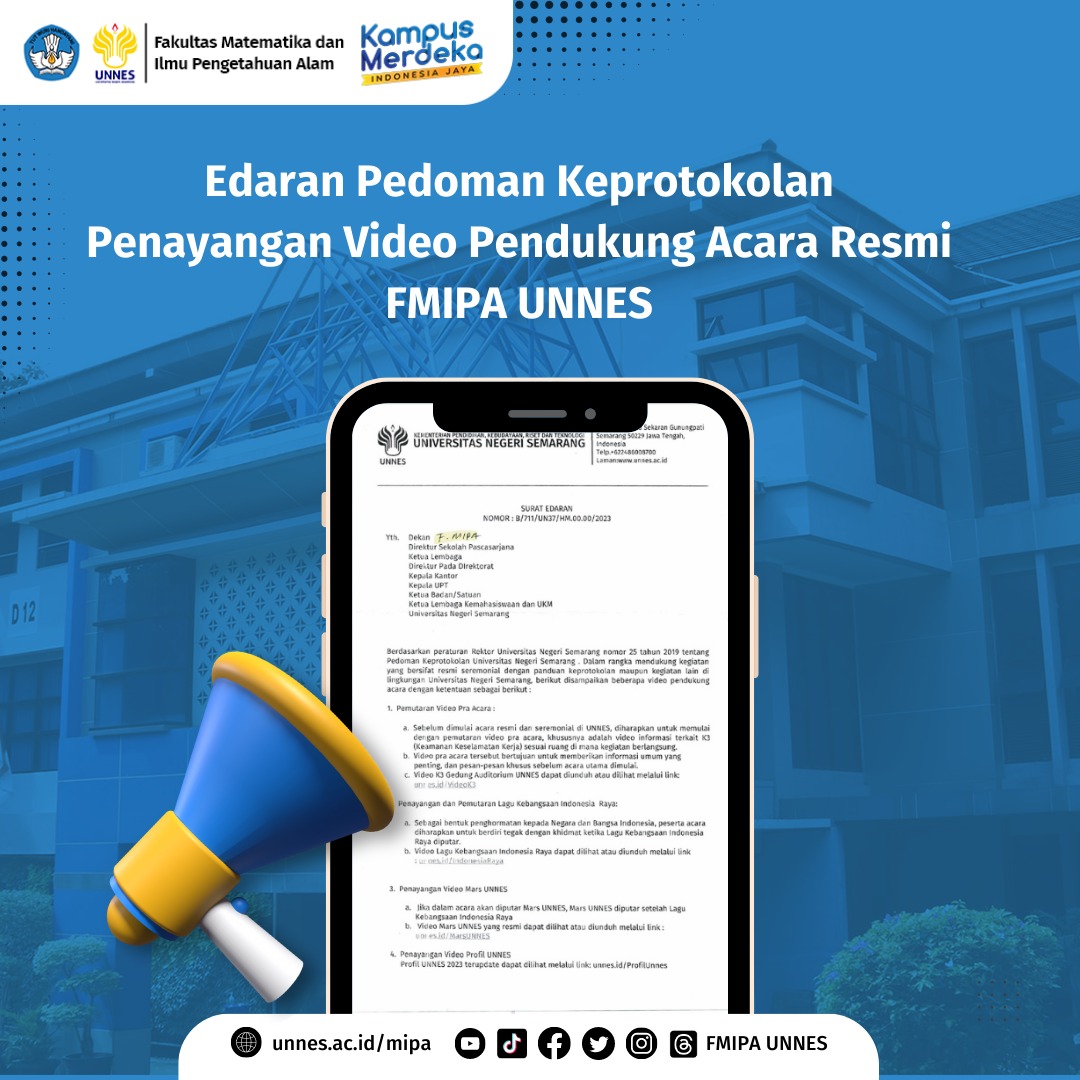
Tiara Dwi Wulandari
Education plays a crucial role in the sustainability of every individual’s life. Proper education will produce a generation capable of leading a good and prosperous life. However, the level of education in Indonesia is still lacking in quality (Adha, et al., 2016). According to data from the Directorate of Population and Civil Registration (Dukcapil) of the Ministry of Home Affairs in 2021, there were 31 million people (11.39%) who had not completed elementary school, and even 63.49 million people (23.32%) in Indonesia were not enrolled in or had not attended school (Kusnandar, 2021). The poor quality of education in Indonesia reflects a concerning situation in the 21st century and the rapid pace of the Fourth Industrial Revolution, as students will face life challenges. Yet, education is one of the targets of sustainable development or the Sustainable Development Goals (Safitri, et al., 2022).
Quality education is one of the 17 goals of the SDGs 2030, aiming to ensure inclusive and equitable quality education and promote lifelong learning opportunities for all. However, implementing SDGs in Indonesia faces challenges in the field of education, particularly in science learning. Therefore, it is important to have innovative technology-based learning systems as a preventive effort to achieve quality education (Fitri, 2021). In response to this situation, the Minister of National Education has issued a policy to implement the Merdeka Curriculum. The Merdeka Curriculum is considered adaptive, where learning is supported by various activities such as science exhibitions.
Expos or exhibitions, which refer to showcases, are widely used in various areas of life. There is even a term called virtual exhibition that has become a trend since the pandemic (Ulva, et al., 2022). Exhibitions can be a revolution in education to support the learning process. The freedom to explore in exhibition spaces, whether virtual or in real life, provides students with opportunities to expand their knowledge limitlessly and encourages curiosity, thereby enhancing their understanding of science subjects. Local wisdom in Indonesia inherently holds scientific concepts, which is known as ethnoscience.
Etnoscience is closely related to culture and science. The approach of ethnoscience in science learning facilitates students’ understanding of the subject matter because it is relevant to their life in the surrounding environment (Putri, et al., 2022). Additionally, the noble values embedded in culture can educate students to behave and have characters that align with the identity of the Indonesian nation. Based on the above problem description, it can be summarized that there is a need for the development of a Split-System through science learning based on Sains Expo supported by Virtual Exhibition media with an ethnoscience approach to support the Merdeka Curriculum. This integrated technology-based learning aims to promote schools as drivers and Pancasila-oriented students through the character of Indonesian cultural love at all levels of education.
Implementation Plan for Sains Expo
Indonesia has abundant natural resources and local wisdom in the form of unique foods, dances, customs, traditional medicine, and other cultural aspects, which calls for innovative learning approaches such as expos. Expos offer several facilities, including a literacy room, exploration room, and creation room. In the literacy room, various reading materials such as books, comics, posters, and other resources related to science subjects are provided. This aims to enable students to learn about science theories and concepts from various sources, not just limited to textbooks in their schools, thus expanding their knowledge of science.
Next is the exploration room, which presents learning experiences aided by ethnoscience components. For example, in the field of food biotechnology, local cuisine can be showcased, and the topic of joint types can be presented using regional dance approaches, enabling students to better understand the science subjects they are studying and their practical applications in daily life. Additionally, there is a creation room where students can engage in various creative activities, such as innovating local wisdom, creating posters, infographics, or other forms of creations, as a means to explain science concepts. These activities aim to enhance students’ learning experiences and character development. The three-dimensional design of the Sains Expo is as follows.

Image 1. Literacy Room Design

Image 2. Exploration Room Design

Image 3. Creation Room Design
Development Design of Virtual Exhibition
Virtual Exhibition is a virtual space that will be developed as part of the Split-System implementation. This Virtual Exhibition can be accessed through a website to facilitate online learning of IPA (Science) materials with an ethnoscientific approach. The Virtual Exhibition consists of three parts: virtual exploration, learning space, and virtual games, explained as follows.
Virtual exploration is one of the sections in the Virtual Exhibition, linked to the virtual exhibition website, which features a spacious hall with various IPA materials presented through an ethnoscientific approach. Students can learn by observing, conducting virtual simulations, and understanding from reading sources.
Students can also engage in activities similar to real life, such as walking, speaking with other students using the microphone feature, and other activities. For example, in the learning of sound, to teach the concepts of vibration and sound, gamelan instruments are used. To further clarify concepts or theories in this section, descriptions, videos, pamphlets, and other resources are provided.
Furthermore, there is a learning space for answering questions related to IPA materials. This facilitates students’ learning of IPA materials, promotes self-directed learning, and enhances students’ digital literacy skills through technology-based learning. The Virtual Exhibition also includes virtual games that provide engaging activities as a reflection and evaluation of students’ knowledge.

Image 4. Website Design

Image 5. Virtual Exploration Room Design

Image 6. Learning Space Design

Image 7. Virtual Game Design
Collaborative Implementation Work

Bibliography
Adha, N. W., Situmorang, M., & Muchtar, Z. (2016). Development of Innovative Multimedia-Based Teaching Materials to Improve Students’ Learning Outcomes in Thermochemistry Teaching. Jurnal Pendidikan Kimia, 8(3), pp.169-177.
Fitri, S. F. N. (2021). Problems of Education Quality in Indonesia. Jurnal Pendidikan Tambusai, 5(1), 1617-1620.
Kusnandar, V. B. (2021). Only 0.02% of the Indonesian Population Holds a Doctoral Degree as of June 2021. Accessed on March 13, 2023, at 08:53. URL: https://databoks.katadata.co.id/datapublish/2021/11/20/hanya-002-penduduk-indonesia-berpendidikan-hingga-s3-pada-juni-2021#:~:text=Secara%20rinci%2C%20penduduk%20yang%20berpendidikan,jiwa%20(23%2C82%25).
Putri, D. A. H., Asrizal, A., & Usmeldi, U. (2022). The Influence of Ethnoscientific Integration in Science Learning on Learning Outcomes: A Meta-Analysis. ORBITA: Jurnal Kajian, Inovasi dan Aplikasi Pendidikan Fisika, 8(1), 103-108.
Safitri, A. O., Yunianti, V. D., & Rostika, D. (2022). Efforts to Improve Quality Education in Indonesia: Analysis of Sustainable Development Goals (SDGs) Achievement. Jurnal Basicedu, 6(4), 7096-7106.
Ulva, A. F., Fhonna, R. P., Aidilof, H. A. K., Nur, M., & Zikri, M. (2022). 3D Virtual Reality Exhibition Innovation in the Concept of e-Marketplace for MUI’s Assisted MSMEs Using Occlusion-Based Web and Mobile Methods. G-Tech: Jurnal Teknologi Terapan, 6(2), 174-182.




